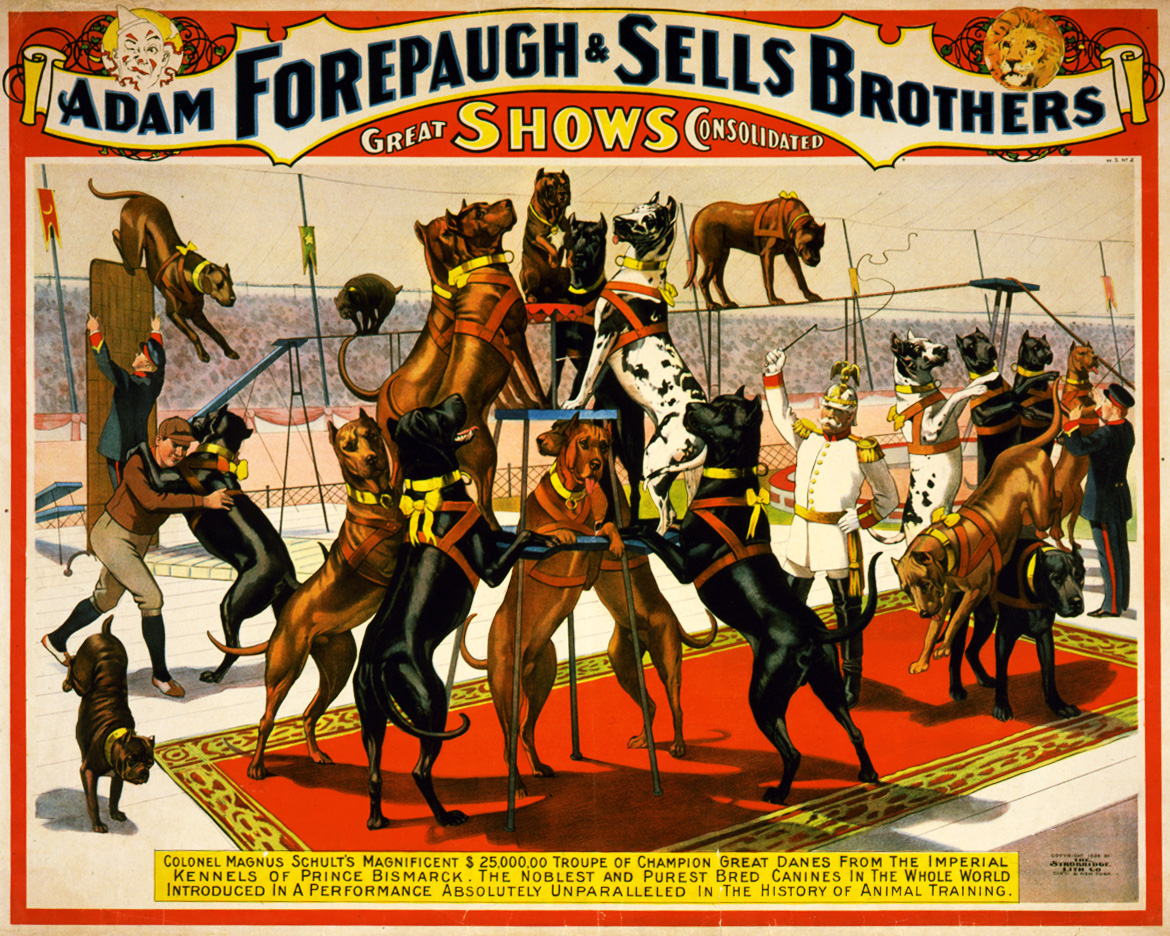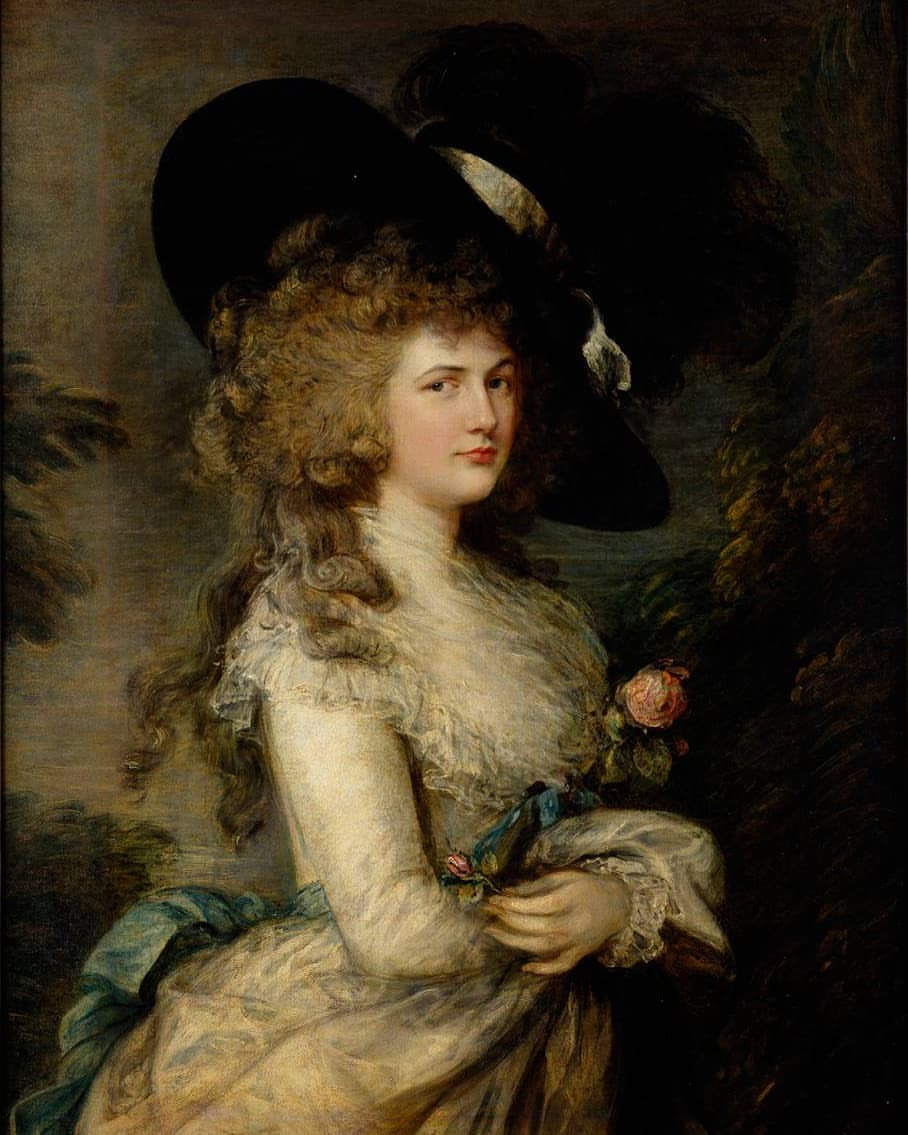|
This Time For Keeps
''This Time for Keeps'' is a 1947 American romantic musical film directed by Richard Thorpe and starring Esther Williams, Jimmy Durante, Johnnie Johnston and opera singer Lauritz Melchior. Produced by MGM, it is about a soldier, returning home from war, who does not wish to work for his father's opera company or to continue his relationship with his pre-war lover. The film was shot in color and partly on location at the Grand Hotel, on Mackinac Island in Michigan.http://www.tcm.com/thismonth/article.jsp?cid=253042&mainArticleId=253038 ''This Time for Keeps'' became the second film in which Williams's name was first billed above the title, after ''Fiesta''. Plot Richard Herald is a famous opera singer and father to Richard Herald II, who has recently returned from fighting in the war and now prefers to be known as Dick Johnson. Dick has been engaged to socialite Frances Allenbury since before he left for the war, but has been expressing some apprehension about marrying her. M ... [...More Info...] [...Related Items...] OR: [Wikipedia] [Google] [Baidu] |
Richard Thorpe
Richard Thorpe (born Rollo Smolt Thorpe; February 24, 1896 – May 1, 1991) was an American film director best known for his long career at Metro-Goldwyn-Mayer. Biography Born Rollo Smolt Thorpe in Hutchinson, Kansas, Richard Thorpe began his entertainment career performing in vaudeville and onstage. In 1921 he began in motion pictures as an actor and directed his first silent film in 1923. He went on to direct more than one hundred and eighty films. He worked frequently at the Poverty Row studio Chesterfield Pictures during the 1930s. The first full-length motion picture he directed for MGM was ''Last of the Pagans'' (1935) starring Ray Mala. At MGM, he teamed up with producer Pandro S. Berman in the 1950s, with whom he made several films, including '' Ivanhoe'' (1952), ''The Prisoner of Zenda'' (1952), '' Knights of the Round Table'' (1953), '' All the Brothers Were Valiant'' (1953) and ''The Adventures of Quentin Durward'' (1955). After directing ''The Last Challenge'' in 19 ... [...More Info...] [...Related Items...] OR: [Wikipedia] [Google] [Baidu] |
Mackinac Island
Mackinac Island ( ; french: Île Mackinac; oj, Mishimikinaak ᒥᔑᒥᑭᓈᒃ; otw, Michilimackinac) is an island and resort area, covering in land area, in the U.S. state of Michigan. The name of the island in Odawa is Michilimackinac and "Mitchimakinak" in Ojibwemowin meaning "Big Turtle". It is located in Lake Huron, at the eastern end of the Straits of Mackinac, between the state's Upper and Lower Peninsulas. The island was long home to an Odawa settlement and previous indigenous cultures before European colonization began in the 17th century. It was a strategic center of the fur trade around the Great Lakes. Based on a former trading post, Fort Mackinac was constructed on the island by the British during the American Revolutionary War. It was the site of two battles during the War of 1812 before the northern border was settled and the US gained this island in its territory. In the late 19th century, Mackinac Island became a popular tourist attraction and summer ... [...More Info...] [...Related Items...] OR: [Wikipedia] [Google] [Baidu] |
Ludwig Stössel
Ludwig Stössel (12 February 1883 – 29 January 1973) was an actor born in Lockenhaus, now Austria, then Hungary. He was one of many Jewish actors and actresses who were forced to flee Germany when the Nazis came to power in 1933. Biography Stössel began performing on the stage in Austria and Germany when he was only 17. He soon became a successful character actor and performed on the most prestigious stages in Germany, among them the Max Reinhardt, the stage and the in Berlin. Stössel later became a movie actor. His first motion picture was a small role in the silent movie ''In der Heimat, da gibt's ein Wiedersehn!'' (''We'll Meet Again in the Homeland'') in 1926 at the age of 43. He appeared in about a half dozen silent movies in Germany and landed more roles with the arrival of sound. Stössel's first sound movie was Georg Wilhelm Pabst's ''Skandal um Eva'' (''(Scandalous Eva)'') in 1930. The following year, he appeared in Max Neufeld's ''Opernredoute'' (''The Opera Ball ... [...More Info...] [...Related Items...] OR: [Wikipedia] [Google] [Baidu] |
Mary Stuart (actress)
Mary Stuart (born Mary Houchins; July 4, 1926 – February 28, 2002) was an American actress, guitarist, singer, and songwriter. A former silver screen starlet, she was perhaps best known for her starring role as Joanne on the CBS/NBC soap opera ''Search for Tomorrow'', which she played for 35 years without interruption (1951–86). After her divorce from her first husband, with whom she raised two children, she began a side career as a guitarist and a singer-songwriter, first singing on ''Search for Tomorrow'' and then releasing her own album in 1973. At the time of her death, she had played the role of Meta Bauer on the CBS soap opera ''Guiding Light'' for six years. For her work in daytime drama, she was given the Lifetime Achievement Daytime Emmy Award. Early years Stuart was born in Miami, Florida, to Guy M. and Mary (née Stuart) Houchins. She grew up in Tulsa, Oklahoma, where she graduated from Tulsa Central High School and attended the University of Tulsa before embar ... [...More Info...] [...Related Items...] OR: [Wikipedia] [Google] [Baidu] |
May Whitty
May is the fifth month of the year in the Julian and Gregorian calendars and is the third of seven months to have a length of 31 days. May is a month of spring in the Northern Hemisphere, and autumn in the Southern Hemisphere. Therefore, May in the Southern Hemisphere is the seasonal equivalent of November in the Northern Hemisphere and vice versa. Late May typically marks the start of the summer vacation season in the United States (Memorial Day) and Canada (Victoria Day) that ends on Labor Day, the first Monday of September. May (in Latin, ''Maius'') was named for the Greek goddess Maia, who was identified with the Roman era goddess of fertility, Bona Dea, whose festival was held in May. Conversely, the Roman poet Ovid provides a second etymology, in which he says that the month of May is named for the ''maiores,'' Latin for "elders," and that the following month (June) is named for the ''iuniores,'' or "young people" (''Fasti VI.88''). Eta Aquariids meteor shower appea ... [...More Info...] [...Related Items...] OR: [Wikipedia] [Google] [Baidu] |
You'd Be So Easy To Love
"(You'd Be So) Easy to Love" is a popular song written by Cole Porter for William Gaxton to sing in the 1934 Broadway show ''Anything Goes''. However Gaxton was unhappy about its wide vocal range and it was cut from the musical. Porter re-wrote it for the 1936 film ''Born to Dance'', where it was introduced by Eleanor Powell, James Stewart, and Frances Langford under its alternate title, "Easy to Love". The song was later added to the 1987 and 2011 revivals of ''Anything Goes'' under the complete title "You’d Be So Easy to Love". Early hit versions were by Shep Fields, Frances Langford and Ray Noble. Other Notable recordings * Shep Fields - recorded with his Rippling Rhythm Orchestra (1936) *Billie Holiday - ''Quintessential Billie Holiday: Vol. II'' (1936) (recorded with Teddy Wilson and His Orchestra, October 21, 1936). *Josephine Baker - ''C'est si facile de vous aimer'' (1937) *Maxine Sullivan - recorded for Vocalion on October 22, 1937. *Lee Wiley - recorded April 15, 1 ... [...More Info...] [...Related Items...] OR: [Wikipedia] [Google] [Baidu] |
La Donna è Mobile
"" (; "Woman is fickle") is the Duke of Mantua's canzone from the beginning of act 3 of Giuseppe Verdi's opera ''Rigoletto'' (1851). The canzone is famous as a showcase for tenors. Raffaele Mirate's performance of the bravura aria at the opera's 1851 premiere was hailed as the highlight of the evening. Before the opera's first public performance (in Venice), the aria was rehearsed under tight secrecy: a necessary precaution, as "" proved to be incredibly catchy, and soon after the aria's first public performance it became popular to sing among Venetian gondoliers. As the opera progresses, the reprise of the tune in the following scenes contributes to Rigoletto's confusion as he realizes from the sound of the Duke's lively voice coming from the tavern (offstage) that the body in the sack over which he had grimly triumphed was not that of the Duke after all: Rigoletto had paid Sparafucile, an assassin, to kill the Duke, but Sparafucile had deceived Rigoletto by indiscriminately ki ... [...More Info...] [...Related Items...] OR: [Wikipedia] [Google] [Baidu] |
Circus
A circus is a company of performers who put on diverse entertainment shows that may include clowns, acrobats, trained animals, trapeze acts, musicians, dancers, hoopers, tightrope walkers, jugglers, magicians, ventriloquists, and unicyclists as well as other object manipulation and stunt-oriented artists. The term ''circus'' also describes the performance which has followed various formats through its 250-year modern history. Although not the inventor of the medium, Philip Astley is credited as the father of the modern circus. In 1768, Astley, a skilled equestrian, began performing exhibitions of trick horse riding in an open field called Ha'Penny Hatch on the south side of the Thames River, England. In 1770, he hired acrobats, tightrope walkers, jugglers and a clown to fill in the pauses between the equestrian demonstrations and thus chanced on the format which was later named a "circus". Performances developed significantly over the next fifty years, with large-scale theat ... [...More Info...] [...Related Items...] OR: [Wikipedia] [Google] [Baidu] |
Grand Hotel 2008
Grand may refer to: People with the name * Grand (surname) * Grand L. Bush (born 1955), American actor * Grand Mixer DXT, American turntablist * Grand Puba (born 1966), American rapper Places * Grand, Oklahoma * Grand, Vosges, village and commune in France with Gallo-Roman amphitheatre * Grand Concourse (other), several places * Grand County (other), several places * Grand Geyser, Upper Geyser Basin of Yellowstone * Grand Rounds National Scenic Byway, a parkway system in Minneapolis, Minnesota, United States * Le Grand, California, census-designated place * Grand Staircase, a place in the US. Arts, entertainment, and media * ''Grand'' (Erin McKeown album), 2003 * ''Grand'' (Matt and Kim album), 2009 * ''Grand'' (magazine), a lifestyle magazine related to related to grandparents * ''Grand'' (TV series), American sitcom, 1990 * Grand piano, musical instrument * Grand Production Grand Production ( sr, Гранд продукција) is a Serbian record lab ... [...More Info...] [...Related Items...] OR: [Wikipedia] [Google] [Baidu] |
Xavier Cugat
Xavier Cugat (; 1 January 1900 – 27 October 1990) was a Spanish musician and bandleader who spent his formative years in Havana, Cuba. A trained violinist and arranger, he was a leading figure in the spread of Latin music. In New York City he was the leader of the resident orchestra at the Waldorf–Astoria before and after World War II. He was also a cartoonist and a restaurateur. The personal papers of Xavier Cugat are preserved in the Biblioteca de Catalunya. Life and career Cugat was born Francisco de Asís Javier Cugat Mingall de Bru y DeulofeuXavier Cugat official webpage xaviercugat.com; accessed 8 November 2015. in , |
Socialite
A socialite is a person from a wealthy and (possibly) aristocratic background, who is prominent in high society. A socialite generally spends a significant amount of time attending various fashionable social gatherings, instead of having traditional employment. Word history The word ''socialite'' is first attested in 1909 in a California newspaper. It was popularized by ''Time'' magazine in the 1920s.David E. Sumner, ''The Magazine Century: American Magazines Since 1900'', 2010, , p. 62 United Kingdom Historically, socialites in the United Kingdom were almost exclusively from the families of the aristocracy and landed gentry. Many socialites also had strong familial or personal relationships to the British royal family. Between the 17th and early 19th centuries, society events in London and at country houses were the focus of socialite activity. Notable examples of British socialites include Beau Brummell, Lord Alvanley, the Marchioness of Londonderry, Daisy, Princess of P ... [...More Info...] [...Related Items...] OR: [Wikipedia] [Google] [Baidu] |

_set_1.jpg)





